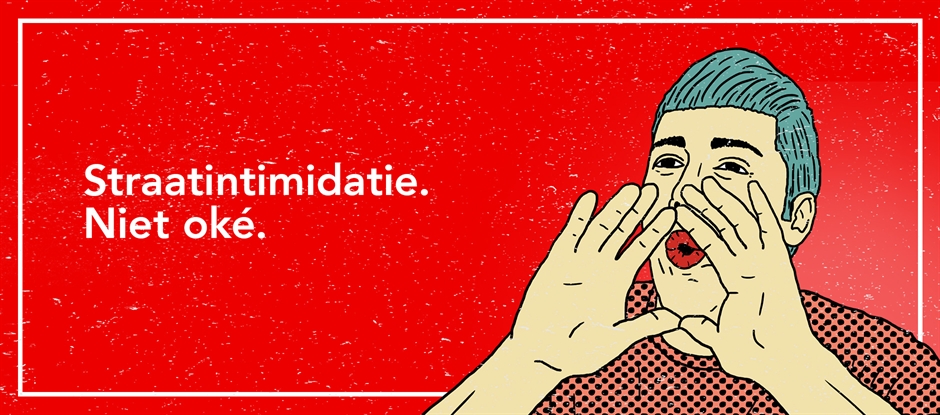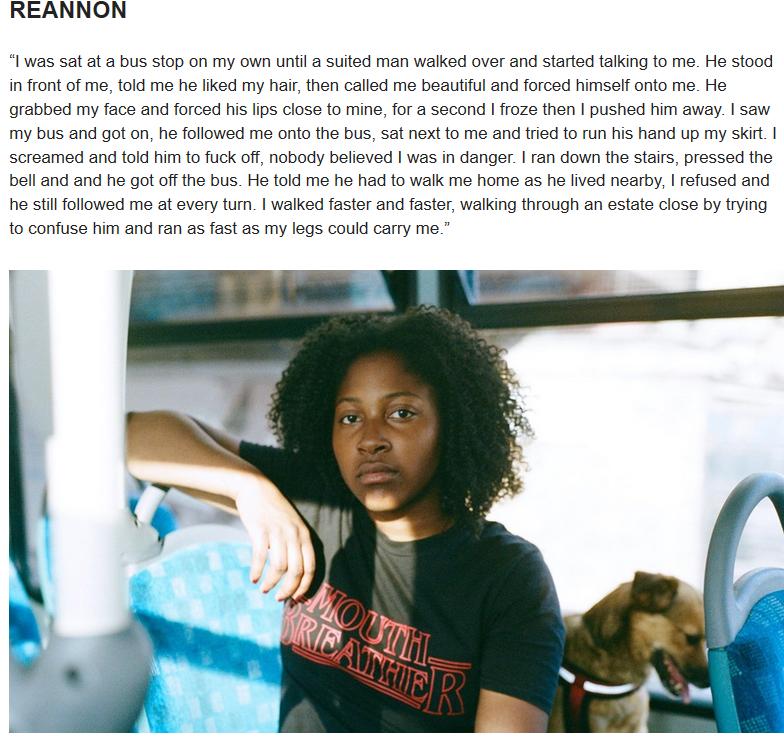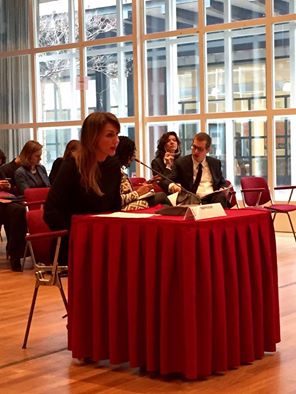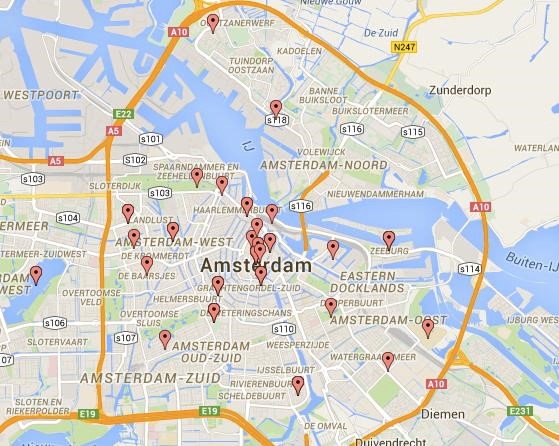Research conducted by experts at the University of Melbourne in Australia demonstrates how common sexual harassment is in the lives of women and documents the possible impact this can have on how women think about themselves. The full results were published in the British Journal of Social Psychology.
Two key findings are:
1. Women reported being the target of a sexually objectifying event once every two days.
2. Both being personally targeted or witnessing others being objectified was associated with a “substantial increase” in “self-objectification”, proving that instances of sexual harassment can have a negative impact on the way women think about themselves.
____________________
In the Netherlands, Stop Straatintimidatie launched a new campaign against street harassment. Campaign founder Gaya Branderhorst shared, “The message to the public is clear: everyone should be able to walk the streets without harassment,” and “street harassment will be fined in Amsterdam and Rotterdam from 2018 onwards, and other cities are planning to follow soon.” Great!
____________________
In the UK, photojournalist Eliza Hatch created a new photo series called Cheer Up Luv to raise awareness about street harassment. An article for the Guardian states, “Hatch found her female friends had all experienced harassment regularly, while her male friends were shocked by how frequently it occurred. Her photographs often feature women in environments in which they have been harassed, alongside their accounts. ‘I really wanted to capture the woman in her surroundings,’ says Hatch. ‘Instead of it being somewhere where she felt vulnerable, I wanted to make it a stage for her to speak out from. And I wanted you to actually look into her eyes as you’re hearing her story.'”
See more at: instagram.com/cheerupluv






